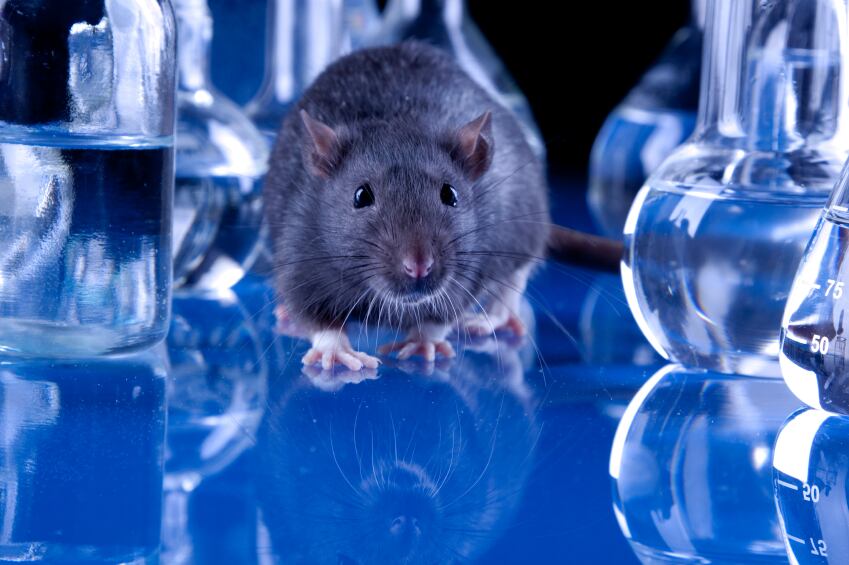Writing in the journal Frontiers in Cellular Neuroscience, the scientists identified fish oil’s regulation of a brain region that controls metabolic function including the amount of food eaten.
Further results indicated that a diet of fish-oil resulted in no modifications to inflammatory enzyme activity and oxidative stress.
Body weight gain, fat profiles and hormones controlling hunger were also reduced when compared to subjects fed on a high-fat saturated diet containing lard.
The findings, uncovered by researchers from the University of Naples Federico II, detailed the effect nutritional substitution of saturated for unsaturated fatty acids has not only on the body but also the hypothalamic region of the brain.
Fat type affects brain function?

The effects of a high-fat diet on body mass index (BMI) have been well-documented. What isn’t so clear is the neurological effects fish oils have on dictating eating patterns and managing weight.
A number of overnutrition-related diseases appear to be linked to the malfunctioning of hypothalamic neurons that are vulnerable to nutritional oxidative stress and inflammation.
It has been shown that overnutrition can activate a ‘master switch’ in the hypothalamus, which is the area sensing nutrition status and regulating metabolism.
Co-authors of the study, professor Marianna Crispino and professor Maria Pina Mollica, began by feeding rats either a control diet (CD), a high-fat diet (HFD) containing either fish oil (FD; rich in ω3-PUFA) or lard for six weeks.
Throughout the experiment, body weight and food intakes were monitored daily to calculate weight gain and gross energy intakes.
The activation of AMPK, a pro-inflammatory enzyme, IKKβ, TNF-α, a marker for inflammatory state and oxidative stress were also analysed in the hypothalamus. Serum lipid profiles and pro-inflammatory restrictions were also recorded.
"We were amazed to establish the impact of a fatty diet onto the brain,” said Crispino.
“Our results suggest that being more aware about the type of fat consumed with the diet may reduce the risk of obesity and prevent several metabolic diseases.”
The study criteria have been repeated on a number of occasions, where FD subjects exhibited large decreases in body fat mass compared to LD group.
Increases in body weight were not associated with an increase in food intake, but with an increase in energy intake.
Fat interference

Considering how this increase in energy intake affected the hypothalamus, the team said that while the expression of AMPK was not modified by diet, levels of the active phosphorylated form of the enzyme (pAMPK) were significant in the LD group.
“The administration of this diet leads to the activation, at hypothalamic level, of a key enzyme regulating the food intake,” the study theorised.
“This effect was observed exclusively with LD diet suggesting that the type of fats affects pAMPK expression.”
The team also commented on the effect of a diet rich in saturated fat (lard), observing its detrimental effects on the hormones insulin, leptin and adiponectin.
Leptin and insulin are present in the hypothalamic neurons that are involved in body weight regulation, and the loss of leptin and insulin in the hypothalamus can promote obesity and type 2 diabetes.
Commenting independently on the research, Dr Harry Rice, VP of regulatory & scientific affairs for the Global Organisation for EPA and DHA Omega-3s (GOED), said that understanding food intake regulation could help reverse the global obesity epidemic, but food intake was as much about sociology as it is about physiology.
"It's important to understand the limitations of any potential intervention," he commented. "While it's clear that the fish oil diet was superior to the lard diet under the current experimental conditions, more research is needed to better understand the mechanisms of interest. At the same time, there is more than enough positive research to recommend an increase in omega-3 (EPA and DHA) fish oil intake for cardiovascular health."
Source: Frontiers in Cellular Neuroscience
Published online ahead of print, http://dx.doi.org/10.3389/fncel.2016.00150
“Effects of an High-Fat Diet Enriched in Lard or in Fish Oil on the Hypothalamic Amp-Activated Protein Kinase and Inflammatory Mediators.”
Authors: Marianna Crispino et al.
